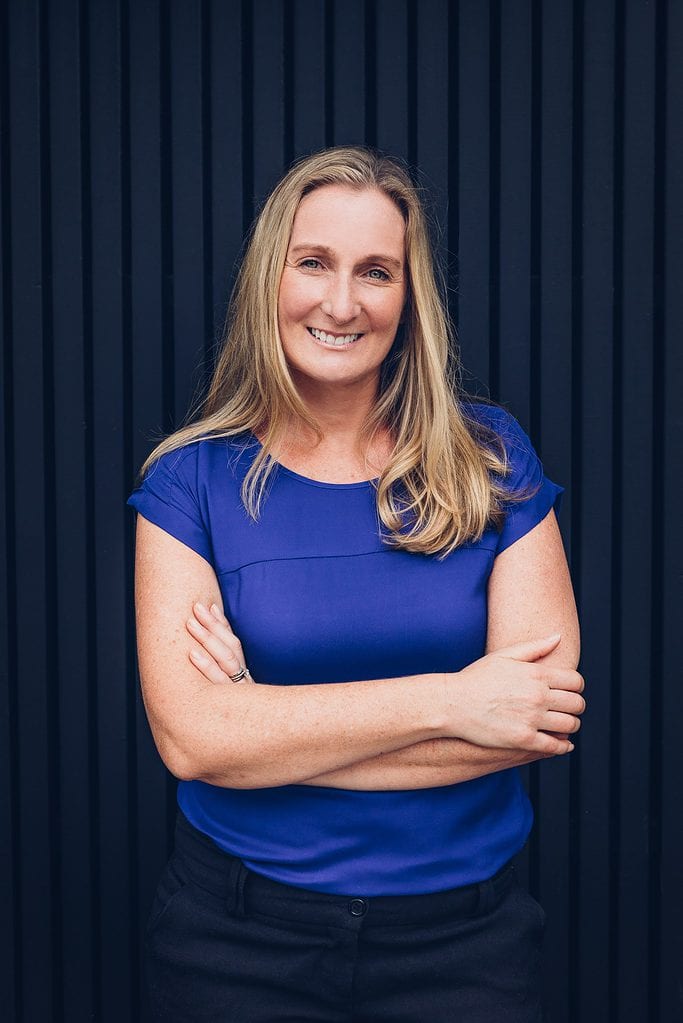According to the 2017 Growing up in Australia study, 91% of 14-15-year-old girls and 81% of 14-15-year-old boys say they’ve had an emotional or personal problem within the previous 12 months.
Most said they turned to family and friends for help with the study confirming teens with a higher level of social support from friends and family are more likely to seek help in the future.
Given the importance of this ongoing family support, it’s worth examining some of the ways we, as parents, can encourage our children to ask for help when they need it.
Teach them to understand what they’re feeling
Children and teenagers need to understand that all emotions are normal and acceptable. The way they express these emotions may at times make us feel uncomfortable, but they’re allowed to have those feelings none the less.
We can help our children understand their emotions by labelling them. Labelling our own feelings during conversations with our children can help them label their feelings. By creating this open dialogue about emotions, it can make it easier for our children to communicate how they’re feeling when they need to.
Saying sorry
Conflict in family life is inevitable and unresolved conflict within a family can be harmful and destructive.
Psychologist and co-clinical director at Raindrum Private Rehabilitation Centre, Jane Enter, said children need to understand that it is ok to have disagreements and that expressing their opinion is a reasonable thing to do.
“They need to see how you resolve disagreements, so there's not a horrible tension left in the house and there aren't two people ignoring each other and withdrawing,”
Enter said.
“We also need to model this when disagreeing with our children.”
Raindrum psychologist Tracey Gamble (pictured) said it was normal for parents to sometimes become frustrated.

“Parents are human as well. But being able to role model open communication and to reflect on that with our children is vital. To apologise and repair the relationship is really important,”
Gamble said.
“By saying sorry, it shows children that everyone can make mistakes, and that by admitting to them, it won’t affect our relationship with them.
“As parents, we need to show them we still can hold this unconditional love for them. Even if they’re having big emotions we can hold those two competing emotions.”
Gamble said when parents model open communication and show their vulnerabilities, they show the way is open for our children to come to us next time they have a problem.
Modelling healthy behaviours
Children learn much of their behaviour from the people around them so it’s important for parents to be self-aware and model healthy behaviours.
Enter said one example is the way some women criticise themselves in front of the mirror, often saying things about themselves that are not positive
“That’s not so great to pass on to your kids because they think you can't have a healthy relationship with your body,”
she said.
“As parents, we need to make an effort to role model healthy eating and a healthy respect for our our bodies rather than being critical of ourselves.
“This in turn gives our children the ability to say to themselves- Okay, I need to look after my body, I need to fill it with healthy food and I don’t need to put myself down.”
Be honest with your child and yourself
Parents also need to apply the principals of honesty and openness when it comes to drugs and alcohol.
“It's all very well for parents to give the adolescent 'drug and alcohol talk', but not so great when they're sitting back getting rip-roaring drunk on a Friday evening because adolescents pick up on that type of hypocrisy very quickly,”
Enter said.
Despite our best intentions, there may be a circumstance where parents do slip up and inadvertently moan about their cellulite or over-indulge on a Saturday night. In this case Enter said parents shouldn’t beat themselves up about it.
“Making mistakes is a normal part of being human and this too needs to be role modelled for our children. As hard as it is, when children reach the teenage years, we need to be honest with them.
“In this case you want to say to them- that was not so wise, this is how I felt and this is what it did to my body. You need to be honest with them because they are now at an age where you can have a discussion about it.”
Encourage help-seeking
Showing that, as parents, we too may need to ask for help on occasion can be a pivotal lesson for our children. It shows them we can ask and receive help at any age.
Dr Tonya Coren, Raindrum co-clinical director (pictured), says it’s important for parents to ask for help before reaching a crisis point.

“If your behaviour is having a negative impact on the family, and a negative impact at work, then it may be time to heed these warning signs and say - I need some help here. I can't do this alone,”
she said.
If there are issues within your family unit, then family system therapy could be a solution. This ensures no one feels singled out as being the problem.
“It's a way for a family to acknowledge they are all in this together, something's not working and we need to look at us, as a family”
Enter said.
Coren said parents also need to explain to their children that asking for help doesn’t mean they’ve done something wrong.
“It's not a failure at all. It’s about wanting to improve your life,”
she said.



